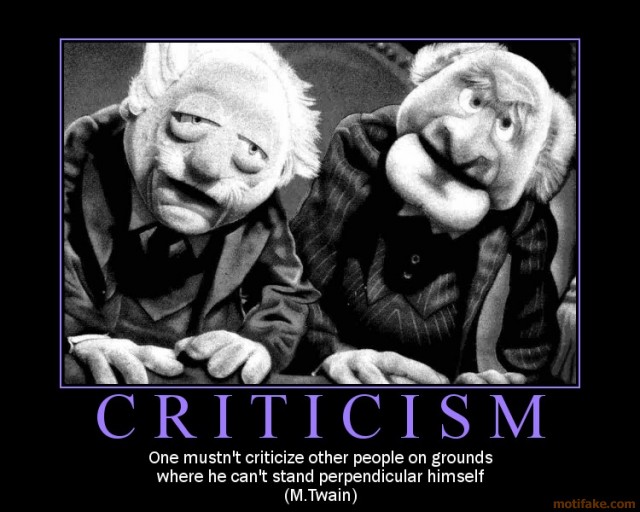
Definition of the Law
Effective leaders are always on the look for good people. In fact, even when they’re not actively hiring, most leaders carry around a mental list of skills, personality traits, character qualities, and attributes that they would like future hires to possess. Once you know who you want, how do you go about finding that kind of person? How do you attract good candidates? The answer to these questions are obvious. If you want awesome team members around you, then you have to become awesome yourself. You must demonstrate the qualities that you are seeking! There are many things that we could write out on our wish-list of qualities that we are seeking in our team members. Here are a few of the more important qualities that start with you as the team leader.
Positive Attitude – Rarely have I ever seen positive people being attracted to a negative work environment. People who view life as a series of opportunities and exciting challenges do not want to work for leaders who talk about how bad things are all of the time. The good news is that attitude is a choice! When you as a leader choose to focus on the growth potential of your own environment, you create a culture that positive people want to be part of. YUES, everything rises and falls on leadership.
Trustworthiness – This attribute is perhaps a little more subtle. Most of us do not consider ourselves to be untrustworthy. Trustworthiness is more than just not lying. To be worthy of trust, as a leader you must be willing to tell the WHOLE TRUTH, keep you commitments, and acknowledge reality.. If you want to attract followers who are trustworthy stay real, stay grounded. Only make commitments that you fully ae able to keep. Do not ignore troublesome issues.
Work Ethic – Do you want team members who are willing to work hard – then work hard! Do not expect punctuality and promptness when you are late and do your job half-hearted. Hard workers look for an environment where everyone is pulling their own weight.








